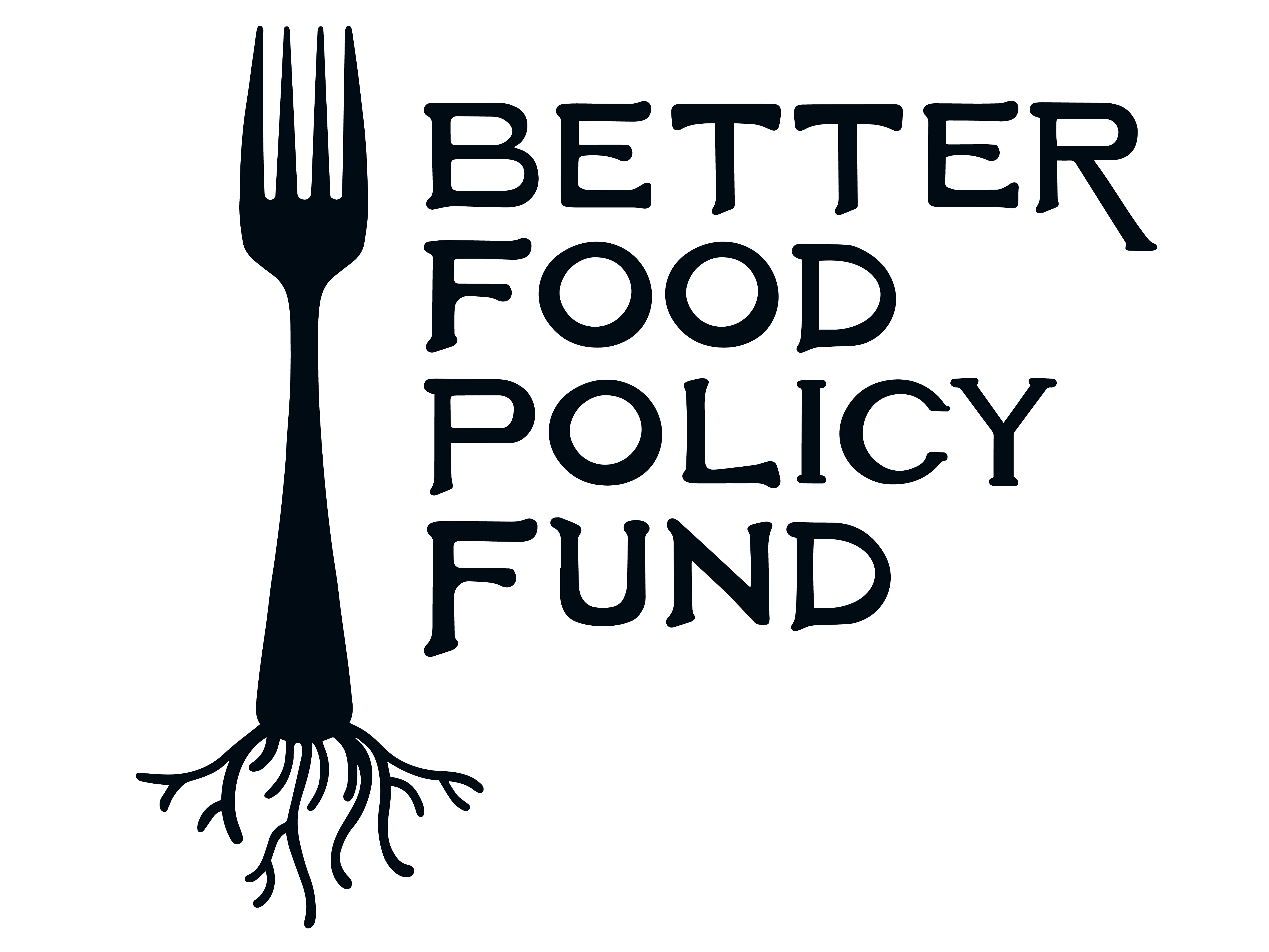Are all of the sessions virtual? Or will they be in person?
Are councils with consistently higher budgets and councils that struggle to find funding each year going to equally be added into the pool for these grants?
Are FPC’s that are in the early stages of development eligible for funding?
Are funds available for: support staff, stipend residents, council members, development?
Are there any restrictions or limitations on how grant funds can be used?
Are there specific requirements or preferences concerning the fiscal agents/sponsors for community groups?
Can you address whether this fund supports activities that would fall under lobbying (with acknowledgement of the limitations on 501c3 orgs and not going beyond that)?
Can you be working towards active engagement of community residents?
Can you elaborate on the reporting process for grantees and how it will be made celebratory while maintaining accountability?
Can you provide examples of good food policies? Are intersectional policies eligible?
Could you clarify what’s meant by a “trust-based process” for nominations from the Independent Advisory Committee?
Could you provide examples of the shared learning opportunities to learn from grantees?
Does “government” include school systems?
Does the Fund collect feedback for program improvement from grantees or stakeholders?
Does the fund support government-led councils? Is a food council embedded in a local government Health Department eligible to ‘apply’?
Given the broad scope of these funds, can you give examples of how funds can be used? Is staff an eligible expense? Are there restrictions on advocacy efforts? Could we use the funding to compensate council members for their time? Can the funds be used for development and staffing? Can the funding be used towards staff time/personnel? Are funds available to support staff and/or stipend residents?
How are you taking into account size/type of food policy council when choosing grants?
How competitive is the grantmaking program?
How long will it take to hear back about the status of a grant application?
How much funding is available for each group?
How will the Fund ensure transparency and communication with the larger stakeholder community?
How will the Fund ensure transparency and fairness in the selection process, especially considering the subjective nature of some criteria?
Is my organization considered a food policy council?
Is the $30,000 grant the same for all selected groups, or is there flexibility based on specific criteria?
Is the funding eligible for an organization to reestablish a food policy council?
Is there any geographic criteria to apply? Considerations on population diversity?
Re: Dimensions of diversity, with BIPOC leadership required, could that element be considered an eligibility requirement?
What are the criteria for evaluating grant applications?
What does the reporting process look like with this fund?
What types of reporting or updates are expected from grantees throughout the grant period?
When will councils be notified if they have been nominated by an IAC member?
When you say this is a pilot, is there a possibility that the grant program will be expanded in the future?
Who decides which FPCs will receive funding?
Who is eligible to apply for a grant?
Will slides be shared after the meeting?
Will the grantee cohort kick-off session be in person? Or virtual?
Will the story-telling sessions be in person or virtual?
Will there be another round of funding for groups in 2025 and in the years following?
Will there be any feedback provided to unsuccessful applicants after the selection process?
Will there be focus on Indigenous Communities?
Are there are ways as stakeholders to continue staying involved, aside from applying for funding?
Besides grants, what additional support or resources does the Fund offer to councils?
Could you provide examples of the shared learning opportunities to learn from grantees?
How will the Food Policy Fund address the need for systems change and limited lobbying activities in state legislatures?
How are FPCs funded? Why is additional funding needed?
Is there a minimum donation amount or term?
Are there are ways as stakeholders to continue staying involved, aside from applying for funding?
Are there examples or case studies from previous grants to demonstrate impact?
Are there plans for geographical expansion beyond US-based food policy councils?
Does the Fund collaborate with other entities in the food policy space?
Does the Fund collect feedback for program improvement from grantees or stakeholders?
How are FPCs funded? Why is additional funding needed?
How does the Fund engage with stakeholders in decision-making or strategy shaping?
How does the Fund envision sustainability in supporting food policy councils beyond the current grant cycles?
How does the Fund measure and ensure sustained impact beyond the grant periods?
What are the long-term goals or visions beyond the current grant cycles?
What measures does the Fund take to ensure diversity, equity, and inclusion in its operations?
Who oversees the Fund’s operations and decision-making?
Why food policy councils and not agriculture, food hubs, or food purchasing?
Why food policy councils and not food democracy, food justice, or racial equity?
Will slides be shared after the meeting?

